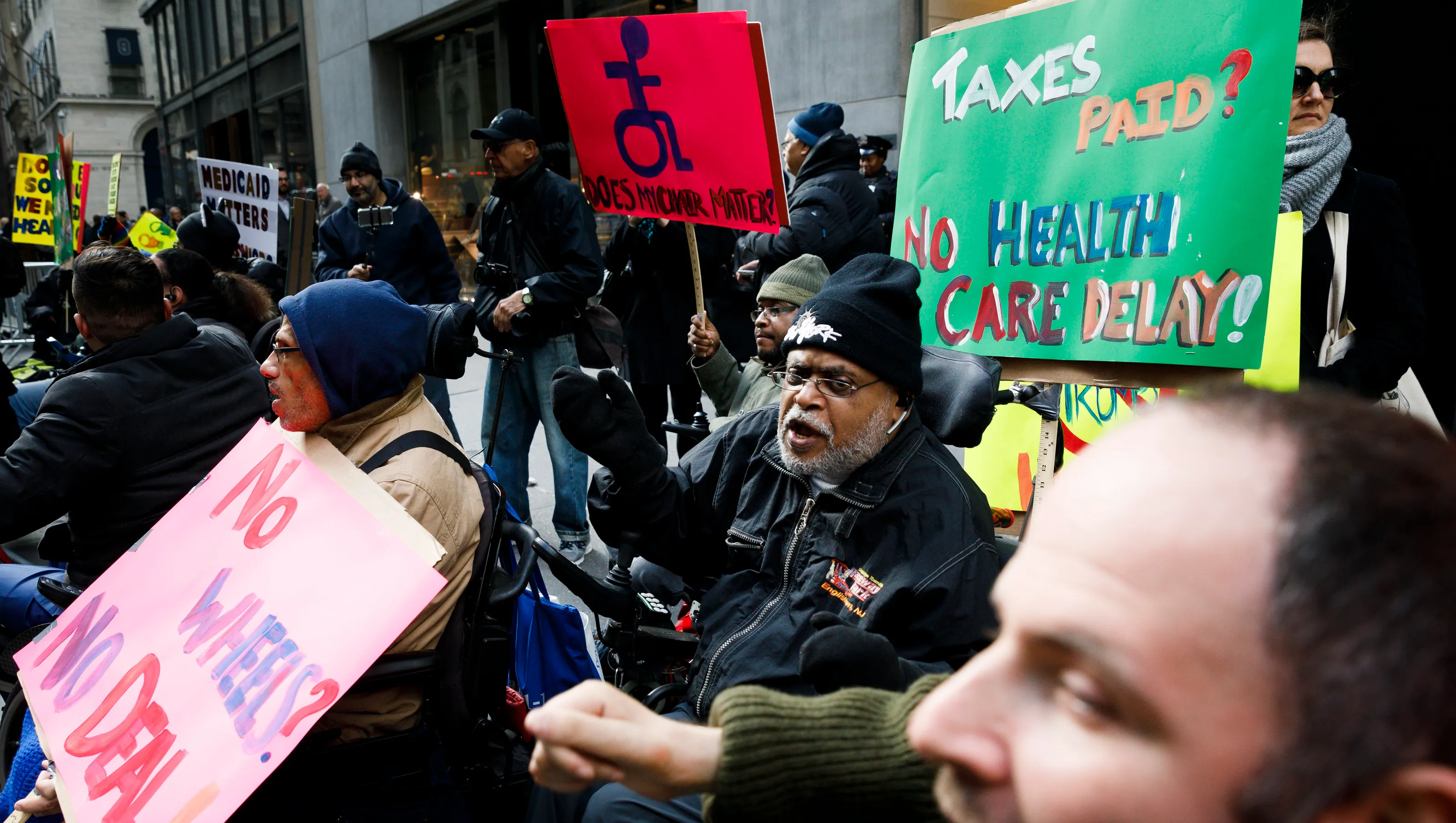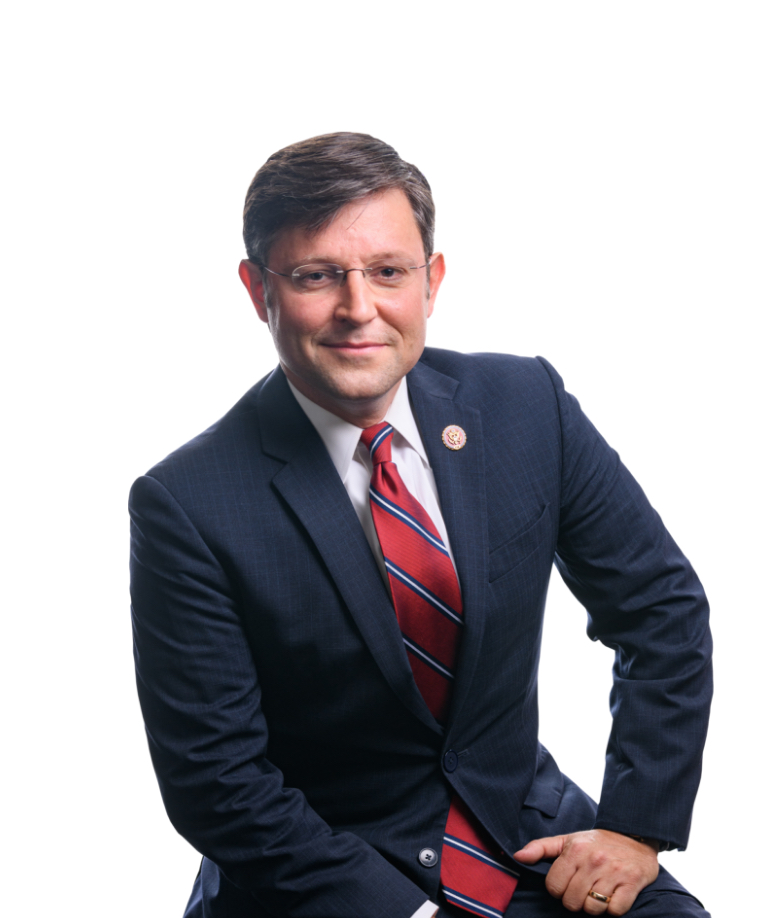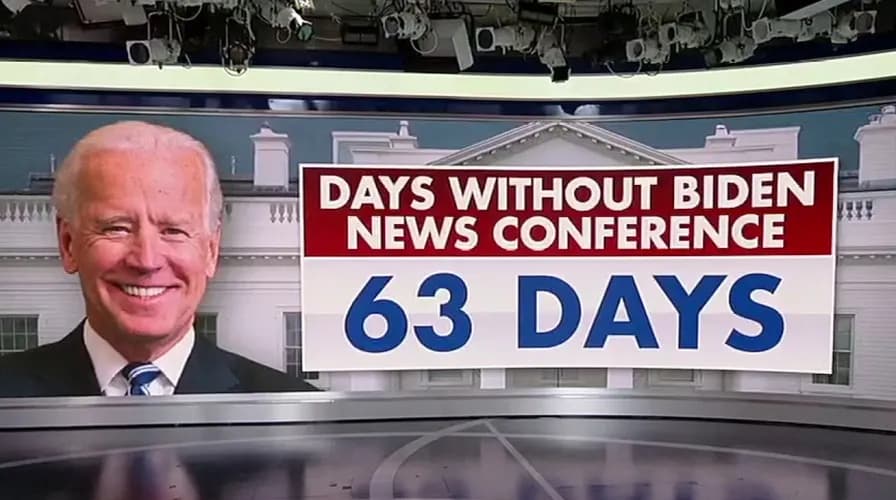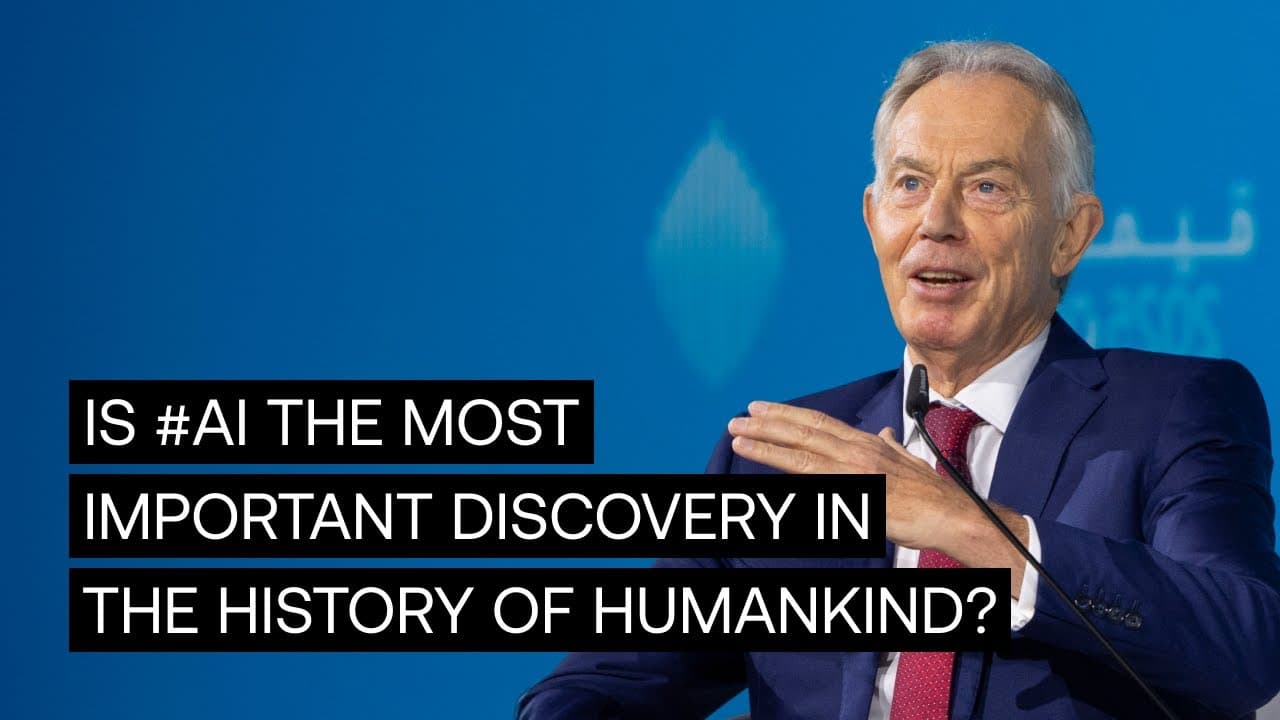Medicaid Cuts Are Real and Devastating
The Biden administration"s recent announcement regarding the One Big Beautiful Bill, the centerpiece of its second-term domestic agenda, has sent shockwaves through the public health community. The White House claims that the legislation does not cut Medicaid, yet budget analysts from Congress and independent experts warn that it strips away a staggering $1 trillion from the program, jeopardizing healthcare access for 10 million Americans. This is not merely a budgetary adjustment; it is a direct assault on the health and well-being of vulnerable populations across the nation.
Work Requirements Create Barriers to Care
In a troubling twist, the administration is introducing stringent work requirements for Medicaid recipients. Speaker Mike Johnson, representing the Republican perspective, argues that these measures are necessary to prevent "abuse" of the system. However, this narrative obscures the reality: many individuals who rely on Medicaid are already navigating precarious job markets, often juggling multiple responsibilities, such as caregiving or pursuing education. As reported by research findings, these cuts will disproportionately impact those who are unable to work due to health issues or lack of access to affordable childcare.

Obamacare individual mandate must go, but keep Medicaid expansion
Consequences of Deep Cuts to Medicaid
These cuts threaten not only health coverage but also essential services that many Americans depend on. According to Governing, states are already feeling the strain from rising Medicaid costs, exacerbated by the end of federal COVID-19 pandemic aid. The reality is that Medicaid provides critical support for long-term care, both in nursing homes and community settings. Eliminating funding will result in thousands losing access to necessary services, leaving them vulnerable and exposed.
Widespread Impact on Health Coverage
As reported by the Joint Economic Committee, nearly 20 million people could lose their health insurance due to the amended budget bill. This staggering number reflects the direct consequences of policy decisions that prioritize fiscal restraint over public health. Vulnerable populations—including low-income families, the elderly, and individuals with disabilities—rely on Medicaid for their healthcare needs, and these cuts will leave millions without options.

U.S. Congressman Mike Johnson
Political Messaging vs. Public Health Reality
The political messaging surrounding these cuts is troubling. The Biden administration"s insistence that Medicaid is not being cut is a blatant misrepresentation of the facts. As documented by the Kaiser Family Foundation, the reductions are set to reverberate through state budgets, forcing many states to reconsider their Medicaid expansion plans. This is not merely a fiscal issue; it is a moral one, as millions are pushed toward the brink of healthcare insecurity.
The implications of these cuts extend beyond immediate healthcare access. As an epidemiologist, I understand the profound effects that healthcare instability has on community health outcomes. Without reliable access to preventative care, we can expect to see an uptick in chronic illnesses and preventable conditions, further straining our healthcare system and increasing costs down the line.







![[Video] Gunfire between Iraqi security forces and Sadr militias in Baghdad](/_next/image?url=%2Fapi%2Fimage%2Fthumbnails%2Fthumbnail-1768343508874-4redb-thumbnail.jpg&w=3840&q=75)
